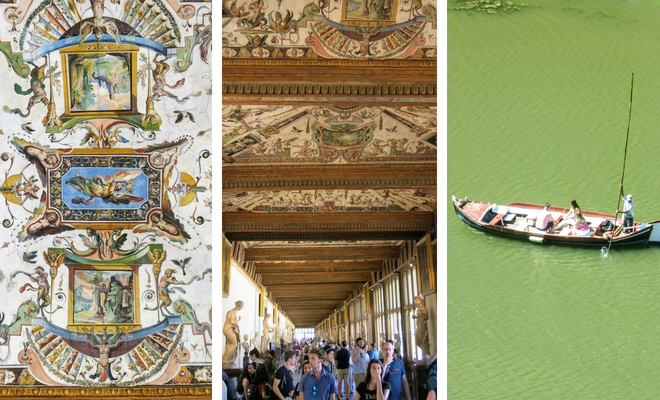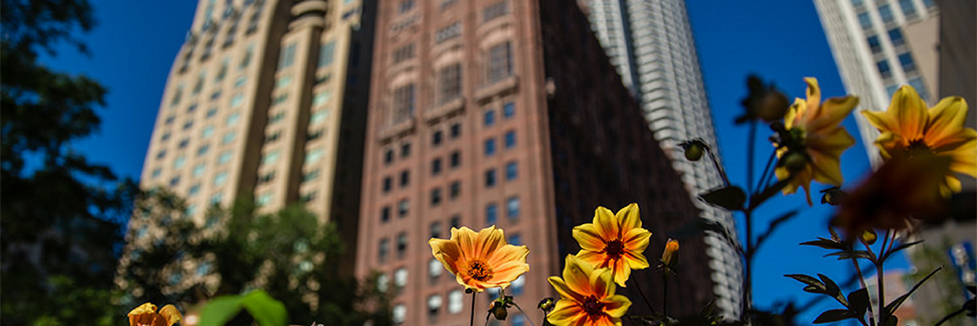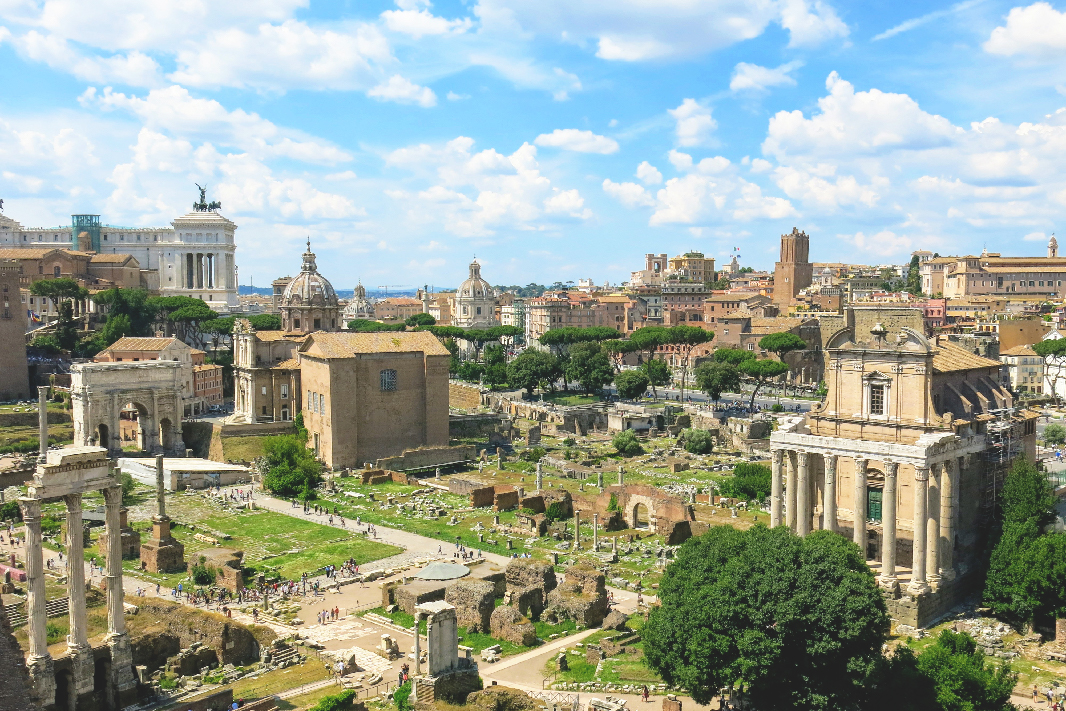In June 2018, Professors John Orwat & Jonathan Singer took a select group of MSW students for a study abroad experience to the eternal city of Rome, Italy. Over the course of two weeks, students took advanced social work courses that counted towards their Master of Social Work: 617 Clinical Interventions and 602/610 Advanced Policy. The trip included great sightseeing and excursions around historical sites such as Pompeii, the Vatican Museum, and the Roman Forum.
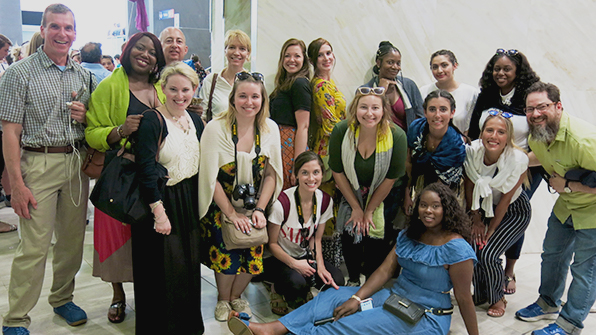
Why Rome?
John Felice Rome Center opened its doors in the spring of 1962 as the Loyola University Chicago Rome Center for Liberal Arts. Through different course offerings, Loyola wants to provide its Chicago campus students the chance to visit the Rome Center and combine coursework with a memorable study abroad experience. During the 2018 Summer MSW Rome Cohort, field trips were integrated to the course content in a way that would enrich the learning experience for students. Watch a Short Clip of the John Felice Rome Center
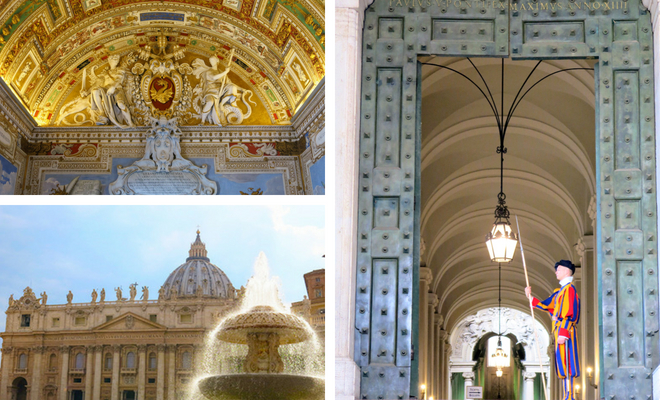
What made it so unique?
Thanks to Professor Jonathan Singer, PhD, you will get a first-hand view of the unique aspects offered by both the curriculum and the in-person connections created during the trip.
Courses
Clinical Interventions
One of the unique opportunities that Rome afforded us was the chance to think differently about how our modern, Western values and assumptions influence how we understand what is normal and what is abnormal. Sitting in the newly renovated and air conditioned Rome Center classrooms, students talked about our modern understandings of disruptive behavior disorders and the types of interventions we have developed to address them. But visiting the Roman Colosseum forced students to think about a time when the political leaders encouraged deadly violence as a form of entertainment. Would our definition of “disruptive” mean anything in ancient Rome? Should it mean something different today?
Excursions
Visit to the Roman Coliseum
Students had a chance to see at first glance the location were Roman leaders and society encouraged violent behavior, review the shifts in our society, and the current decisions in regards to what is deemed disruptive versus entertaining behavior.
Trip to Pompeii
One of the highlights of the trip is visiting the ruins of Pompeii. The city of Pompeii was destroyed in a matter of days when the volcano Mt. Vesuvius erupted. Most people think about Pompeii as a unique archaeological ruin. While this is true, we framed it as an opportunity to dive into the idea of natural disasters, disaster management, and crisis intervention. During the three hour bus ride from the hotel to the ruins, students had an amazing discussion about the policies and practices related to disaster management, and dove into the clinical skills that are needed for effective crisis intervention.
The discussion about Pompeii provided a great opportunity to analyze disaster management during a major devastation, and how disaster response it has been implemented in the recent natural destruction in Puerto Rico.
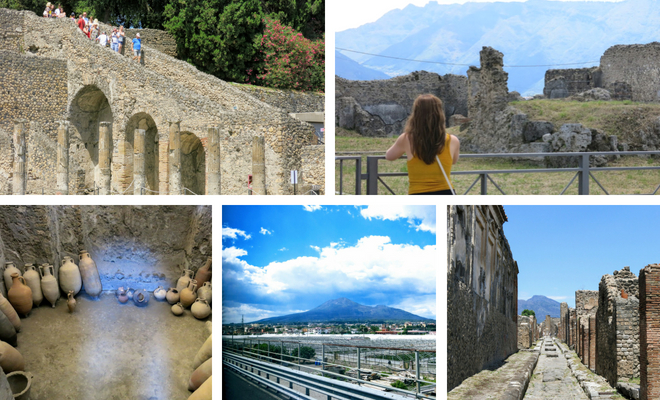
Personal & Professional Connections
Collaborations and professional connections among students is very valuable – but how did the Rome trip contribute?
The trip gave students an opportunity to be in an intensive, immersive learning experience and bond with others as people. “They were able to see their classmates and connect with them, to really get to know people that will become their colleagues, which was an education itself.” – Professor Singer added.
Students were also able to talk about life experiences and how they were related to the course material. Building strong connections is more challenging while going thought a graduate program, in which personal and work responsibilities leave limited time to interact with peers. This trip offered many opportunities to interact with each other outside the classroom. Students shared meals together, went to the local markets and stores, navigated public transportation, and explored the Gelato shops and wine bars of Rome.
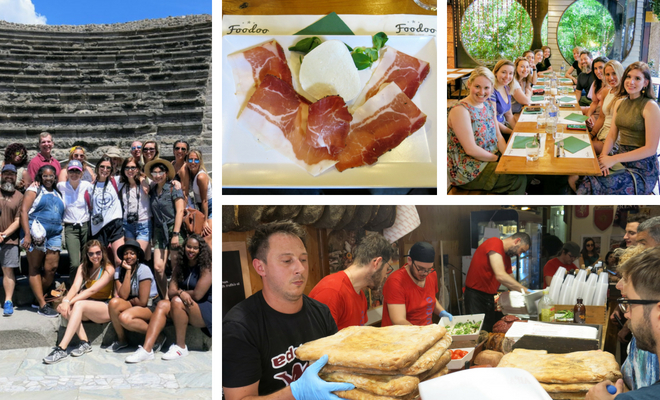
But what about the professors?
Students also had the chance to learn more about the professors while sharing a meal and having an informal conversation. Professor Singer mentioned “the main difference from a traditional classroom setting is that while traveling, we were discovering Rome together.” The sites, museums and the residential areas, were all part of a learning journey.
Communication & how to keep everybody together?
Dr. Singer set up a WhatsApp group so that students could bond with each other before, during, and after the trip. During the trip, Dr. Singer used WhatsApp to communicate important information about the classes or the field trips. During the field trips, students were mostly off technology, except to use their phones as cameras. Technology was used to connect the group rather than becoming an obstacle to experience the surroundings.
Do you want to join in 2019?
If you part of the MSW program at Loyola, it is never too early to start thinking about next year’s plans – if you are interested in the Rome study abroad trip, we will be posting information about the application process, fees and important dates. Details TBA.
Make sure to check our official website for more information about course information, faculty contacts and more.
